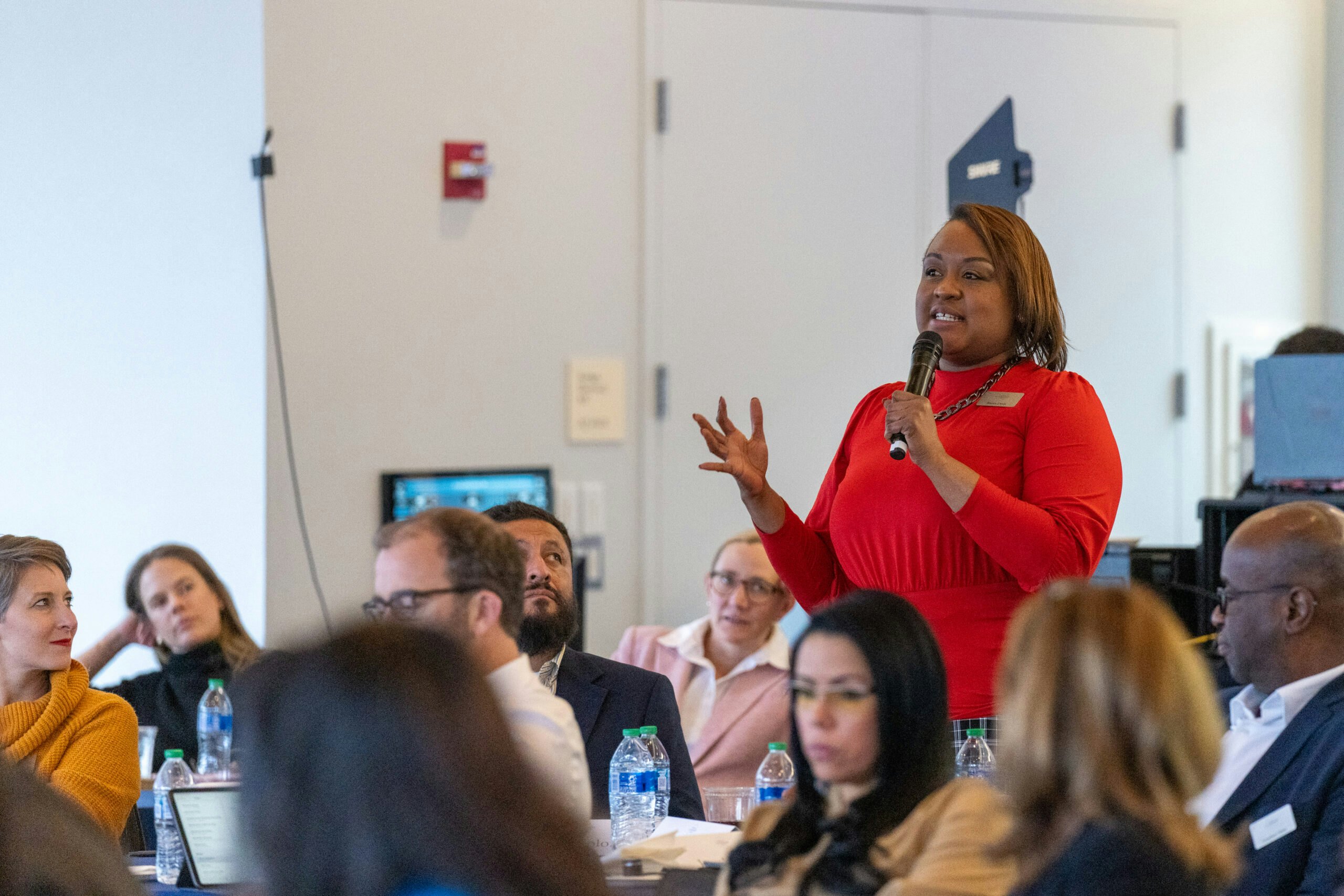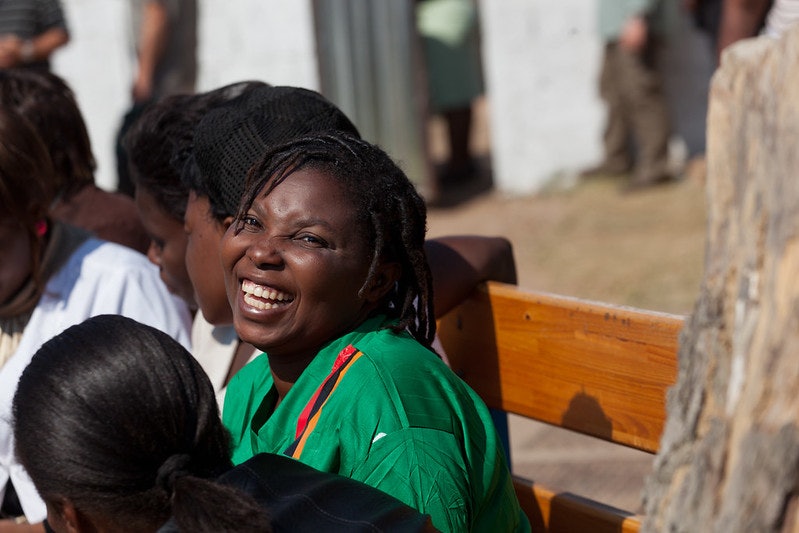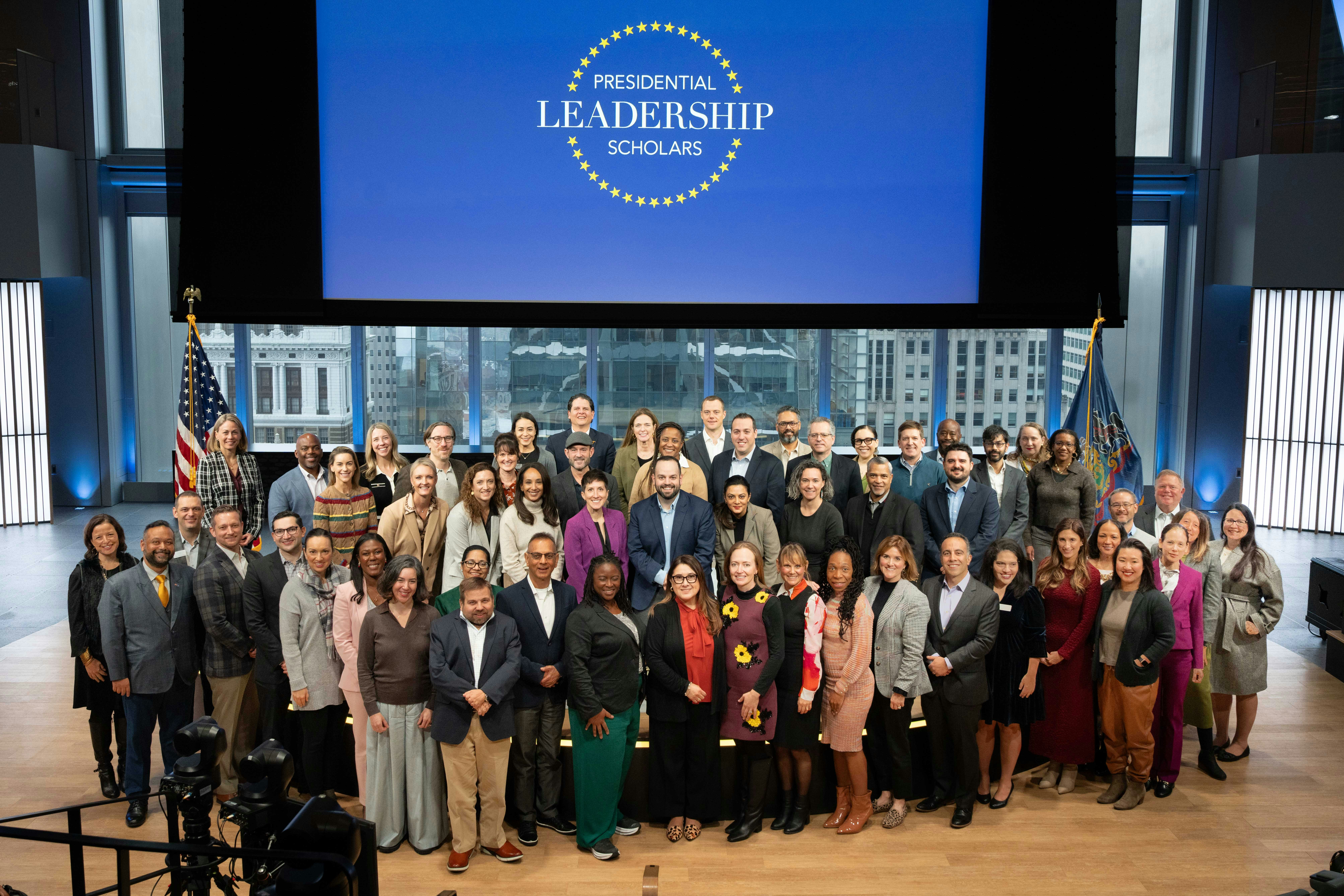Rep. Liz Cheney, R-Wyo., serves as Vice Chair of the House Select Committee to Investigate the January 6th Attack on the United States Capitol. In this Democracy Talks conversation, she explains why America should stand against the rise of anti-democratic forces around the world.
Rep. Liz Cheney, R-Wyo., serves as Vice Chair of the House Select Committee to Investigate the January 6th Attack on the United States Capitol. The University of Chicago Law School graduate has represented Wyoming in the House of Representatives since 2017. Prior to that, she worked for the U.S. Agency for International Development (USAID) and served as Deputy Assistant Secretary of State for the Middle East in the George W. Bush Administration.
In this Democracy Talks conversation, Cheney emphasizes why promoting the rule of law, expanding civics education, and standing against white nationalism are among the important ways to strengthen America’s democracy. In this exchange in May with David Kramer, the Bradford M. Freeman Director of Global Policy at the George W. Bush Institute; Christopher Walsh, Deputy Director of Freedom and Democracy at the Bush Institute; and William McKenzie, Senior Editorial Advisor at the Bush Institute, Cheney also explains why America should stand against the rise of anti-democratic forces around the world.
You’ve spoken frequently about standing for the Constitution, freedom, and democracy. What actions should Americans take to keep those fundamentals strong?
One of the most important things to do here at home is reinvigorate civics education. We’ve got to reinvigorate education around the Constitution and the history of the founding of our nation. We need to make sure that people recognize and understand what it really means to be a nation of laws.
We talk about that a lot. We certainly say, and we are, a nation of laws. But it’s important for people to know what that means and to understand, for example, when you look back at the 2020 election, that candidates have the right to challenge results. They do so under state law and under the rules that have been established by the states.
Sometimes those cases can go up to federal court. But when the courts have decided, it’s over. And we have to abide by the rulings of the courts. I think that we do.
One of the most important things to do here at home is reinvigorate civics education. We’ve got to reinvigorate education around the Constitution and the history of the founding of our nation.
When we think about democracy overseas, and what we’re doing to promote democracy around the world, people often think first of elections. They’re absolutely necessary for democracy. But they’re not sufficient.
We have to ensure that we’re supporting the rule of law, a free press, and all of those aspects America has modeled to the world ever since our founding about what a constitutional republic looks like and what that means for democracy.
What would you suggest that we do to improve upon civics education? And where might you see quality civics education occurring?
It is such an important challenge. In many ways, we’ve lost in our schools the fundamentals of American history. I think a lot about what aspects of history inspire young people. Often, those are the stories of the brave men and women who have done remarkable things for our nation. We’ve lost sight of that. We don’t study the great man and great woman view of history.
We also have moved away from teaching our kids what an exceptional nation America is. We are certainly not perfect, and we attempt and strive to be a more perfect union. But people need to spend more time understanding our constitutional framework and structure.
When you come into Congress as a freshman member, time and effort is put into things like appropriations bootcamp. They teach us how the appropriations process works or how the taxation process works. I think we need a constitutional bootcamp. We need to make sure that members of Congress understand and recognize where the legislative branch fits in, what our responsibilities and obligations are. We ourselves could certainly benefit from that.
Let’s take a step back and look at the global picture. Freedom House, in its latest report, has documented 16 years of decline when it comes to freedom in the world. More countries are registering declines than gains. And only about 20 percent of the world’s populations live in free countries. Do you have a sense of what’s driving this global phenomenon?
A lot of elements go into the decline. Some of this has to do with the role of America in the world. It’s not an accident that we’ve seen an incredible spread of freedom and an increase in economic and political freedom, prosperity, and security since the end of World War II. The reason is that America has been the strongest, most dominant nation in the world and those are characteristics of our own political system.
Among other threats, you now have a situation where people on both the left and the right in American politics believe in isolationism. Some call it isolationism, some don’t. But it’s this notion that America can be free and secure if we simply withdraw within our own borders.
That’s been a fallacy every single time it has emerged in our political system. And it’s very dangerous. You see today the rise of China, a nation that clearly has global ambitions. People need to understand that if we lived in a world where China set the rules, it would be a global surveillance state. There would be no freedom.
You’re also seeing what’s happening in Russia and Ukraine. The necessity of America and our NATO allies to stand with Ukraine is not just about Ukraine’s freedom. It’s about our freedom. And it’s about demonstrating that the free world has not lost sight of how important it is to stand together.
We have to recognize the importance of hard power as well as soft power. President [Volodymyr] Zelenskyy recently said, “Freedom must be better armed than tyranny.” What you’re seeing today with respect to Russia and Ukraine absolutely demonstrates that.
To the people listening to and reading this interview, how would you explain it’s in America’s interest to support democracy and advance freedom around the world? And how might we best do that with fledgling democracies?
There are many reasons America must support freedom and free nations around the world. Look at our own security and economic prosperity. We have freedom of navigation, relatively free trade, and more people have risen out of poverty over the last 75 years under a system that values, defends, and protects human freedom.
Those are crucial for our security, but they also are right. We believe fundamentally in inalienable rights. We know that form of government works best and is morally the right form. We have watched tyranny rise. At the beginning of my career, when I was working at USAID in Eastern Europe and in the former Soviet Union in 1989 and 1990, and then when I was working in the Bush administration on the Middle East in the early 2000s, there were moments when it looked like the free nations of the world were coming together and democracy was ascendant.
Now, I am concerned. We’re at a period where the nations that threaten democracy are on the rise. But in the last several months we have seen a real coming together of NATO, a real coming together of the European Union. We also have seen a new realization that, if we believe in and value our freedom, and if we’re going to stand with others, then that requires we do so with our allies globally and that we dedicate the resources necessary for it.
Perhaps this gets to your constitutional bootcamp, but when you think about a democracy, including our own, what does it have to deliver to keep itself healthy and keep the trust of its citizens?
A democracy has to defend the rights of its citizens. We have to remember that our government doesn’t give us our rights. Our government is supposed to protect our rights.
We also have to recognize the unique historical moment we’re living in and not take for granted that most people in most parts of the world throughout most of history have not lived in freedom. As citizens, we have obligations. And those obligations require that we defend our institutions and not be bystanders. It is a miraculous structure that our founders established.
As the Congress was getting prepared for the counting of electoral votes in January 2021, I went back and read The Federalist Papers. Alexander Hamilton was talking about why the founders didn’t want the electors to meet in the capital to vote. They were very concerned about political pressure on the electors and why they didn’t want currently serving elected officials to be electors. They were worried about the pressures of faction, the pressures of politics on electors.
We need to think about the tremendous responsibility that we give to our elected officials. You want to elect people that you know are going to be serious about that duty.
The members of the Select Committee [the Select Committee to Investigate the January 6th Attack on United States Capitol] were at the Library of Congress for a meeting this spring. The librarian brought out a number of rare documents for us. One was a note that Abraham Lincoln wrote in August 1864. He said then, “It appears increasingly likely that my administration will not be reelected. If that is the case, then it is my duty to so cooperate with the president-elect, that I will make sure I do everything possible to preserve the union through his inauguration at least.” He didn’t think the union would survive [General George] McClellan’s presidency.
When you see how much our forefathers believed in and sacrificed for the perpetuation of our institutions, we have to make sure we do the same. We need to understand the benefits and blessings of democracy and not think of ourselves as bystanders, hoping somebody else will do the job of preserving our institutions.
Thinking of Viktor Orbán’s recent election to another term in Hungary, how should liberal democracies respond to a leader whom they know does not respect institutions like the independent judiciary or the role of political opposition? How does a democracy and all the different facets within it respond to that?
That’s a very important question.
If non-democratic individuals, organizations, or parties use the election process to take power, then history shows that very quickly you don’t have legitimate elections much longer after that. So, that’s incumbent upon us, frankly, here at home in thinking about the people that we support and elect and also as a nation, as we look to who we’re going to support and what kind of alliances we’re going to build overseas.
We have to be clear-eyed. It’s easier to bury your head in the sand in the short term. That’s where danger lies. Not every government we work with is going to have the kind of liberal democracy that we believe in. Some will have it to a greater extent than others, but we have to be honest about those governments.
I don’t think that Americans should be looking towards Viktor Orbán as any kind of a model. We ought to be clear-eyed about who he is and what he stands for. The same with [Vladimir] Putin. The extent to which you’ve had members of my own party continue to express neutrality between Russia and Ukraine is very troubling. There’s not a gray area with respect to that war.
What role should political parties play in strengthening our democratic institutions?
That’s also an important question, I am a conservative Republican. I believe in those principles. I also know that, on both sides of the aisle, we have to elect serious people.
I can look at my colleagues in the House, and there are people who aren’t serious on both sides and there are people who are serious on both sides. As voters, we need to think about that when we’re going into the voting booth. We need to think about the tremendous responsibility that we give to our elected officials. You want to elect people that you know are going to be serious about that duty.
I look at some of my colleagues, for example, on the House Armed Services Committee. People like Mikie Sherrill, Elaine Luria, Chrissy Houlahan, they’re all Democrats, they’re all veterans. Abigail Spanberger is another one, although we’re not on Armed Services together. I have tremendous respect for these members. I disagree with them on a number of issues, but I know that they care deeply for this country, and I know they take their responsibilities seriously.
We need to elect people who are more committed to policy and to preserving our institutions than to being social media stars.
I don’t think that Americans should be looking towards Viktor Orbán as any kind of a model. We ought to be clear-eyed about who he is and what he stands for. The same with [Vladimir] Putin.
We also need to be very clear that while we want as many people as possible in our parties, there are certain beliefs and opinions that are absolutely antithetical to anything that we are as Americans. Those are things like antisemitism, white supremacy, white nationalism.
My party in particular needs to be able to say we reject those. Those are not part of our public discourse. Those cannot ever be part of what we stand for. No tent should ever be big enough for those views to be acceptable.






























